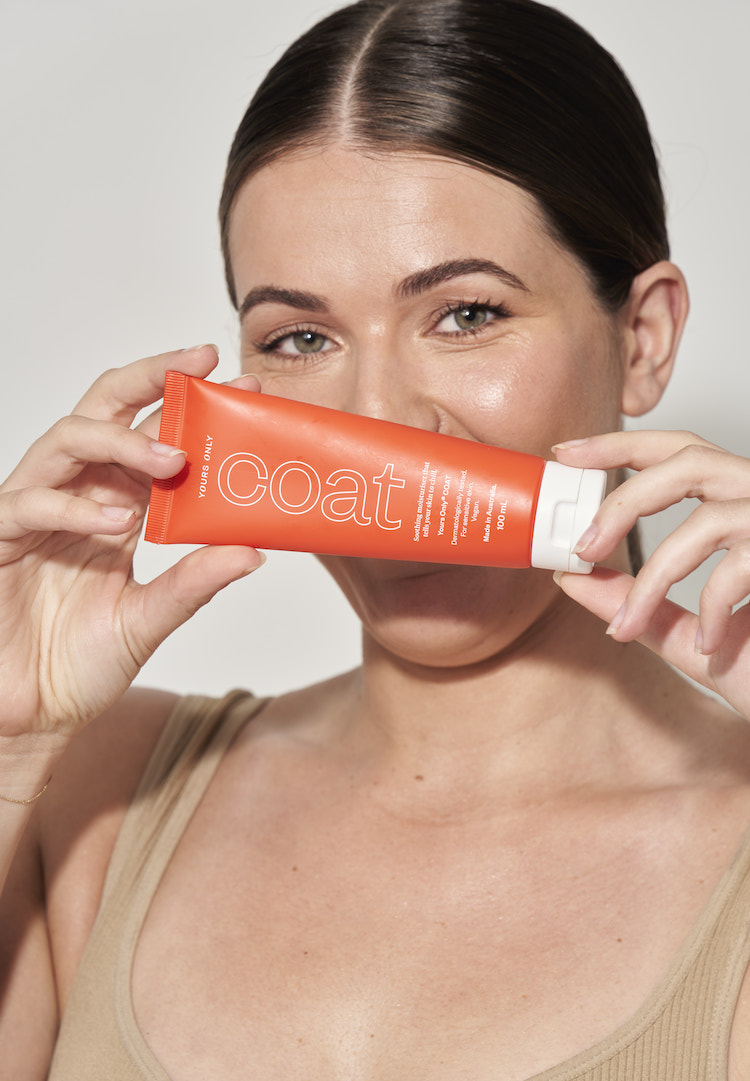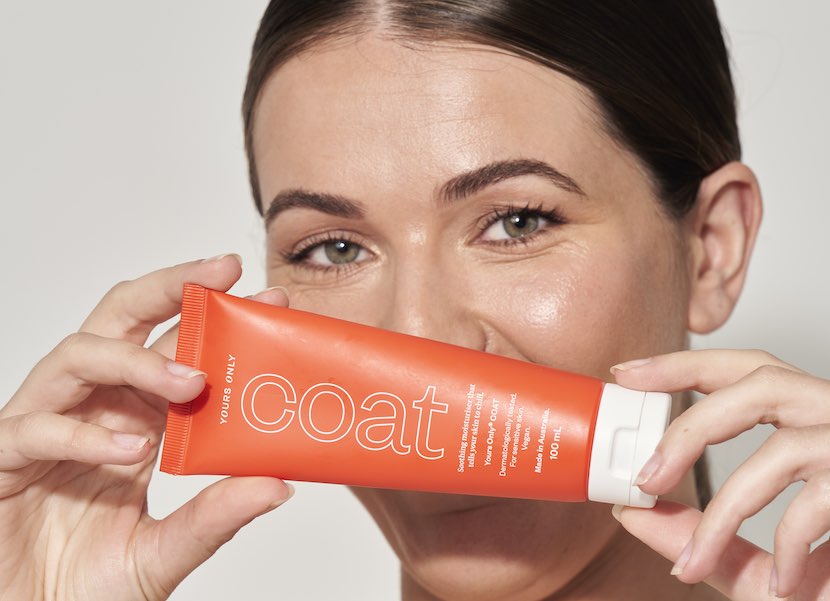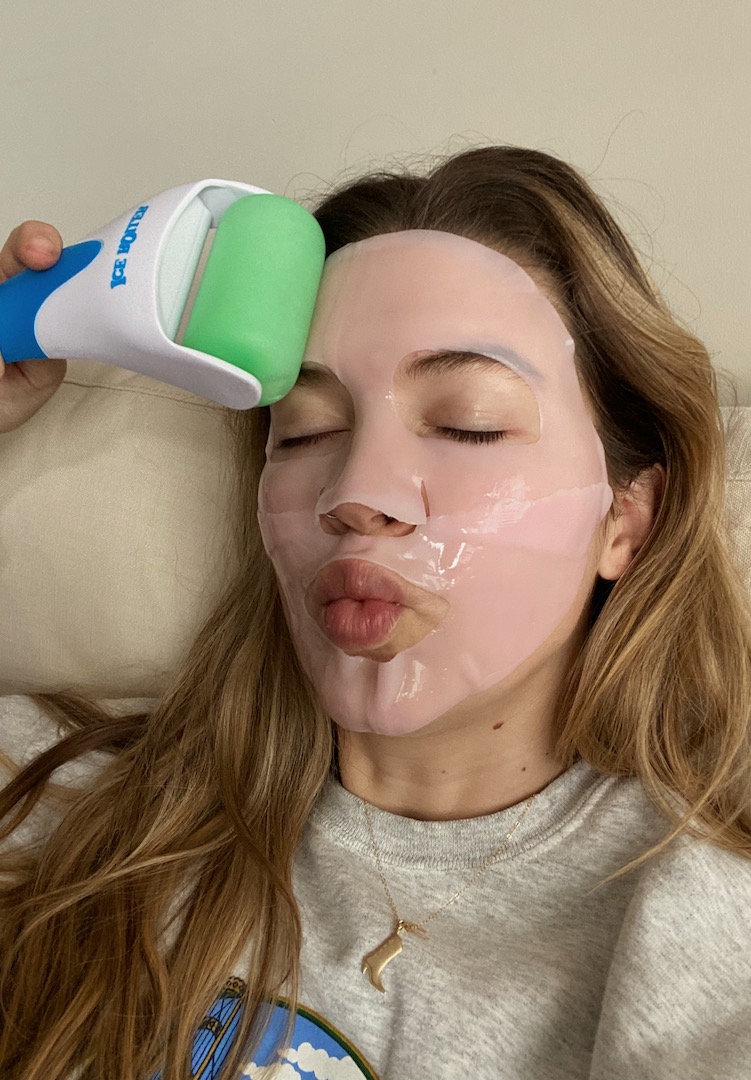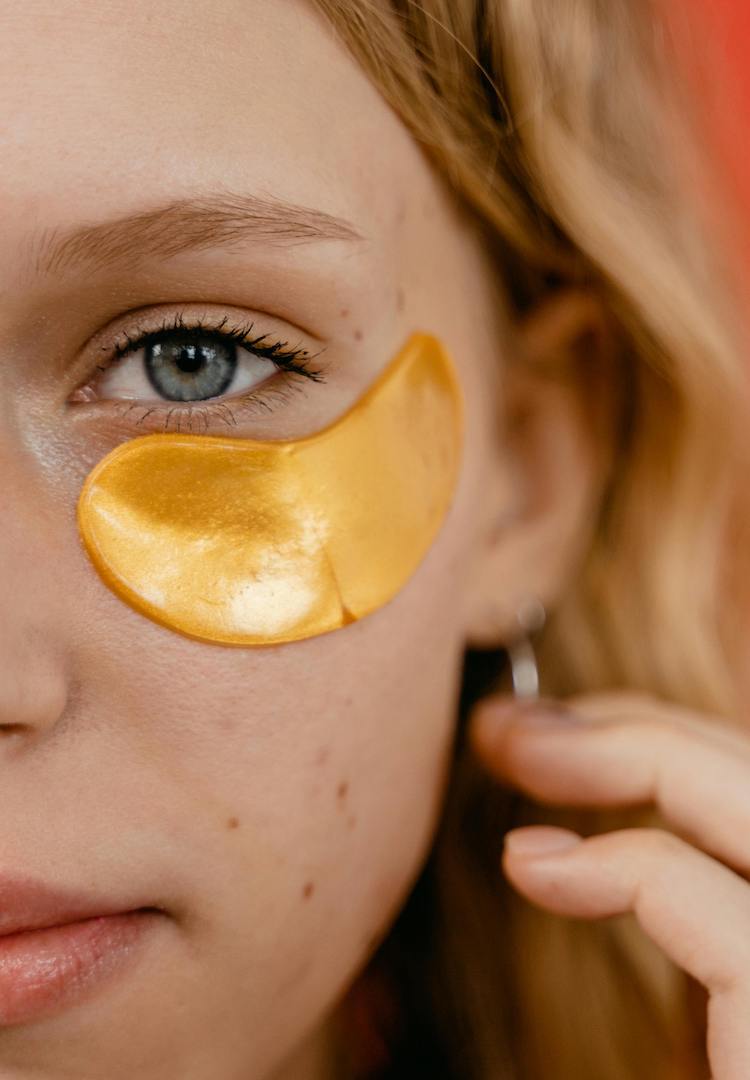“What’s the deal with hypoallergenic skincare?”: Your sensitive skin questions answered
image via YOURS ONLY
words by evie dinkelmeyer
“The thing is hypoallergenic is not a governed term, so any brand can claim this.”
While I love testing out new products, I’m an ex-acne girlie so it can be stressful trying something I’m not familiar with. I don’t want to be drenching my skin in ‘natural’ serums that promise glowy, bright skin, only to end up breaking out the next morning.
Between greenwashing and rifling through a million different influencer skincare endorsements, it can feel impossible to decipher which products are actually legit. Every second skincare brand seems to be donning ‘hypoallergenic’ and ‘organic’ labels these days and to be honest, I don’t even really understand what those words stand for anymore.
We like nosy people. Don’t be shy, head to our Beauty section for more.
Australian skincare brand Yours Only has made it its mission to create skincare for the most sensitive skin. Its founder Ashli Templer has dealt with skin conditions and intolerances for the better part of ten years and has Hashimoto’s disease, an autoimmune condition where immune cells attack the thyroid gland.
When she couldn’t find a soap appropriate for her salicylate and amine allergic skin, she set out to create it herself. The hundreds of glowing testimonies on the Yours Only Instagram account make Ashli someone worth speaking to when it comes to sensitive skin, so I asked her some of the questions I’ve been dying to know the answers to.
What does ‘hypoallergenic’ actually mean?
Technically hypoallergenic means a product and its ingredients are less likely to cause a reaction to your body/skin. The thing is, it’s not a governed term (no legal standards or approvals are needed), so any brand can claim this (even if their product includes irritants like fragrances).
What you need to look for is ‘dermatologically tested’ as this means the product has gone through a process called RIPT (repeat insult patch testing), where a small sample of the product has been tested on a group of subjects (people) with sensitive skin. It’s done through a research project, monitored by dermatologists, where patches are left on for 24+ hours and assessed at the 48-hour mark repeatedly across a couple of weeks. If all subjects show zero signs of redness or a reaction, then it passes the test. It’s usually conducted on 25 to 50 people.
Why do people lean towards ‘natural’ and ‘organic’ ingredients for sensitive skin?
Because that’s what marketing has led them to believe is better for you. There’s definitely evidence that both natural and organic ingredients can improve the health of people’s skin, however, if you’re very sensitive, you need to look for ingredients that are softer to the skin – sometimes natural can be too potent.
For me, I need a gentle mix. Some synthetic ingredients have been made to mimic the benefits of natural ingredients without the fragrances or potent properties, and can sometimes be more nourishing as it’s more controllable.
Why are we often advised against products with fragrances? Who should be avoiding fragrances, and who are they fine for?
Fragrances are a tough one. There are so many ingredients within fragrances that can upset the body (skin or sinuses), and it doesn’t benefit the skin. Anyone with a skin condition like psoriasis, eczema and dermatitis or sensitive skin should avoid products with fragrances at all costs, especially if you have cracks and flakes as it could worsen the troubled areas.
When using skincare with synthetic fragrances it kinda defeats the purpose of it as it can increase the risk of irritation – you want your skincare to nourish and protect your skin. If your skin is sensitive, opt for fragrances that you can spray on your top, so it doesn’t cause any flare-ups (or be like me, and don’t use fragrances at all).
What are some ingredients to avoid when shopping for sensitive skin products?
- Fragrances: They are more likely to cause an irritation than not.
- Essential oils: Way too potent for the skin when it is very sensitised.
- Any exfoliating ingredients (think St Ives Apricot Scrub): The roughness can be too harsh, especially if you have bumps or broken areas of the skin.
- Benzoyl peroxide: It’s very harsh on the skin as it usually works to dry out pimples and removes your protective skin layer.
- Vitamin A: The most potent form of an active ingredient, which takes a while for the skin to adapt to. The process can cause scaling and flaking, which could be too harsh for sensitive skin.
What are some ingredients typically safe for sensitive skin?
- Caprylic/capric triglyceride: Derived from oils and glycerin and hand-picked for its soothing properties. It’s packed with a mix of fatty acids that replenish the skin’s surface and resist moisture loss.
- Cetearyl alcohol: Not the type of alcohol you think (wink). Instead, a mix of gentle cetyl and stearyl alcohols to ensure products can go on easily and not irritate the skin.
- Glycerin: Your dry skin’s best friend. Glycerin is a humectant, which essentially ensures skin doesn’t dry out by holding water tight in top layers of the skin. No moisture loss here!
- Glyceryl stearate: Used to act as a lubricant on the skin’s surface, so you’re left with a soft and smooth appearance. Another goodie that slows moisture loss.
All Yours Only products are dermatologically tested on people with sensitive skin. Shop Yours Only exclusively on its website.










